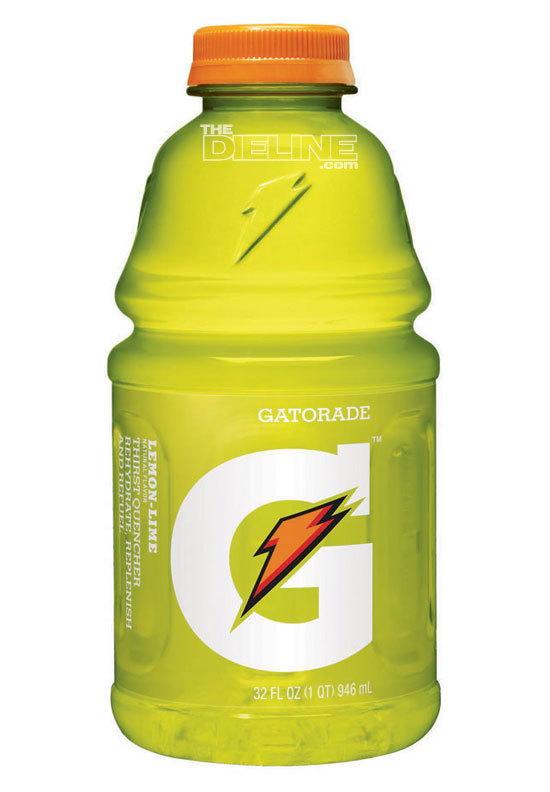The Husky CF Club is a registered student organization dedicated to providing excellent training and community through hard work and dedication. Open to all CrossFitters at the University of Washington.
Saturday, June 5, 2010
Sports Drinks - The Good, The Bad, and The Sugar
Sports Drinks
Sports drinks are used in athletics at almost any level in an effort to replace carbohydrate, electrolytes and other nutrients, and generally come in three varieties : Isotonic, Hypertonic, and Hypotonic. Isotonic drinks, the most common, have concentrations of electrolytes and sugar at levels found in the body, whereas hypertonic and hypotonic have levels above and below, respectively.
Sports drinks can be useful for preventing water intoxication, which occurs when too much water is consumed and the electrolyte concentration of the blood drops. This is a potentially lethal condition, but it takes very large amounts to reach dangerous levels.
New research has also revealed a bit about how our brain keeps a throttle on how hard we can push. After bicycling to exhaustion, participants in the study were given a mouthful of a sugar or artificially sweetened solution then spat it out. Compared to controls, they were able to ride for quite a bit further immediately. It seems as though the brain may limit energy output by what the body's perceived energy status is. Sports drinks may have a place in reducing fatigue during exercise.
There are however some inaccuracies about sports drinks that need to be addressed. The claim that they prevent cramps by way of electrolyte replenishment is not substantiated by science. In fact, this review of the studies looking at cramps in runners found no connection between cramping and electrolyte status. They concluded that neurological changes associated with fatigue and often over-reaching by athletes may be a more likely cause.
The requirements of athletes differs greatly by sport, and not all athletes will benefit from sports drinks during competition. Sports drinks should only be used during competition or very hard training for athletes in glycogen dependent sports. Regular use of sports drinks outside of these scenarios can lead to insulin resistance, fat gain, and other manifestations of metabolic derangement. Athletes that perform in relatively high intensity sports for long or medium duration may require more carbohydrate to fuel training than pure endurance or strength athletes. Rather than sports drinks though, they should strive to consume their carbohydrate in the form of nutrient and antioxidant dense sources like yams, sweet potatoes, other root vegetables and squash. Even these athletes will likely do well with carbohydrate comprising 40% or less of their caloric intake. They will do better to keep carbohydrate levels moderate, then very low 5 days out from competition, then carb-load the last 2 days before competition, resulting in extremely full glycogen stores.
Strength athletes have relatively little need for full glycogen stores, and so do not need sports drinks, though protein shakes MAY be of some benefit. Ultra-endurance athletes will do best to be fat adapted, and so may benefit from a relatively low carbohydrate diet, except in the few days prior to competition. Sports drinks can benefit your performance in competition, but use them sparingly, as the costs often outweigh the benefits.
Subscribe to:
Post Comments (Atom)


No comments:
Post a Comment